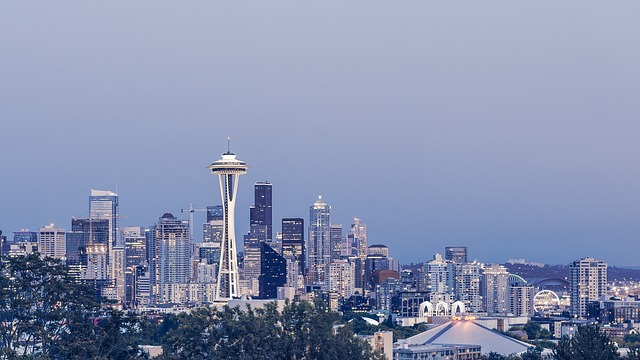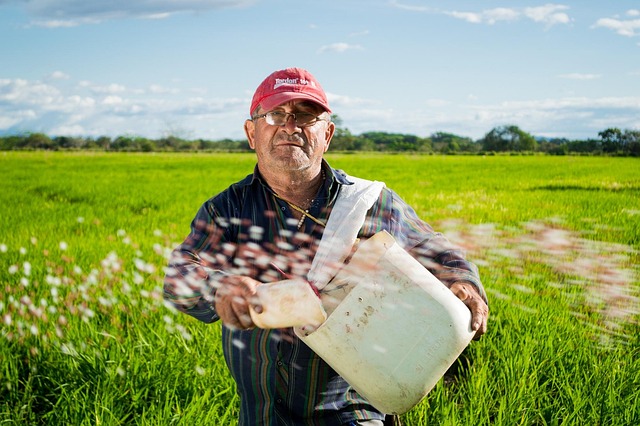In the midst of towering skyscrapers and bustling streets, urban green spaces emerge as vital oases, reminding us of nature’s enduring presence amidst our concrete jungles. These green sanctuaries, whether they are community gardens, parks, or rooftop farms, offer not only a breath of fresh air but also numerous eco-friendly benefits that can transform urban living.
As we dive deeper into the topic of urban green spaces, it’s essential to recognize their crucial role in improving our environment. These areas help mitigate the urban heat island effect, absorbing sunlight and lowering temperatures across neighborhoods. This makes our cities more livable, especially during sweltering summer months when every bit of shade and fresh air can make a difference.
Gardening in these urban landscapes is not merely a hobby; it’s a movement towards sustainability. By transforming vacant lots or underutilized spaces into flourishing gardens, communities can grow their own vegetables and fruits, directly benefiting from the produce they cultivate while promoting local food systems. This not only reduces our carbon footprint associated with transportation but also encourages healthier eating habits.
Beyond the physical benefits, the psychological advantages of engaging with urban green spaces are profound. Nature has a remarkable ability to soothe our minds and reduce stress levels. Studies have shown that individuals who spend time in green environments experience improved mood and reduced anxiety. By creating spaces that prioritize nature, urban planners can enhance the overall well-being of city dwellers.
Moreover, these green spaces facilitate a greater connection to the environment. Communities that embrace urban gardening and nature-focused initiatives can educate their residents about sustainability and ecological stewardship. This increased awareness fosters a deeper appreciation for our ecosystem, encouraging individuals to partake in eco-friendly practices and advocate for the protection of our planet.
In a world where urbanization is inevitable, integrating urban green spaces into our cities is paramount. Not only do these areas provide a refuge for wildlife and contribute to biodiversity, but they also pave the way for a healthier, more sustainable future. By cultivating gardens, parks, and green rooftops, we can cultivate a greener, more vibrant urban landscape that nurtures both our communities and the natural world.
As we navigate through modern city life, let’s not forget the transformative power of nature. Embracing urban green spaces can lead to a profound shift in how we live, connecting us back to our roots and to the environment that sustains us all.




